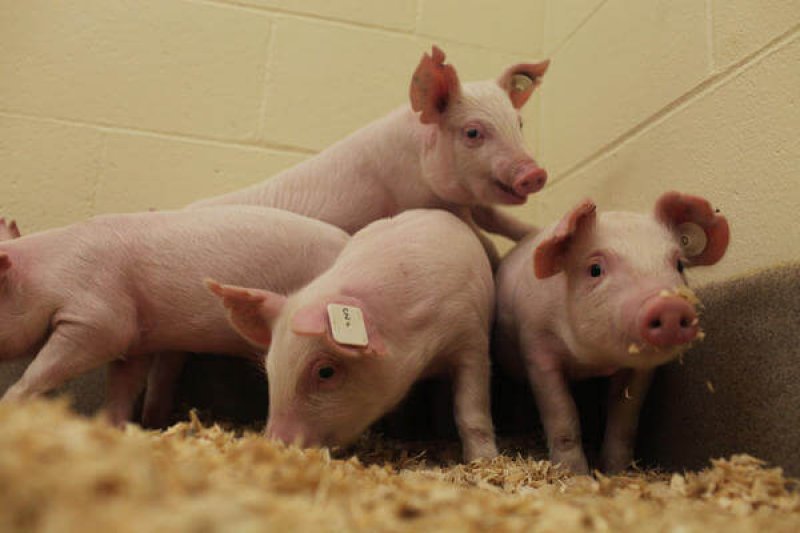There’s a genetic technology that scientists are eager to apply to food, touting its possibilities for things like mushrooms that don’t brown and pigs that are resistant to deadly diseases.
And food industry groups, still reeling from widespread protests against genetically engineered corn and soybeans (aka GMOs) that have made it difficult to get genetically engineered food to grocery store shelves, are looking to influence public opinion.
The technology is called Clustered Regularly Interspaced Short Palindromic Repeats, or CRISPR. It’s a technique that Alison Van Eenennaam, an animal genetics professor at University of California, Davis, says can de-activate a gene. Or, as she puts it: “It’s editing. It’s like going into a Word document and basically replacing one letter, maybe that instead of wind, you want it to say wine,” she says.
…
To get ahead of any criticism, a group of heavyweights in the food industry have joined forces to form the Coalition for Responsible Gene Editing in Agriculture, which is funded by members like the U.S. Pork Board, Monsanto, Syngenta and Bayer.
The board’s CEO, Bill Even, says the food industry missed a chance to do this when the earlier wave of genetically engineered food made it to the market.
The GLP aggregated and excerpted this article to reflect the diversity of news, opinion and analysis. Read full, original post: With GMO Struggle In Mind, Food Industry Vying For Public Trust With CRISPR Discussion































